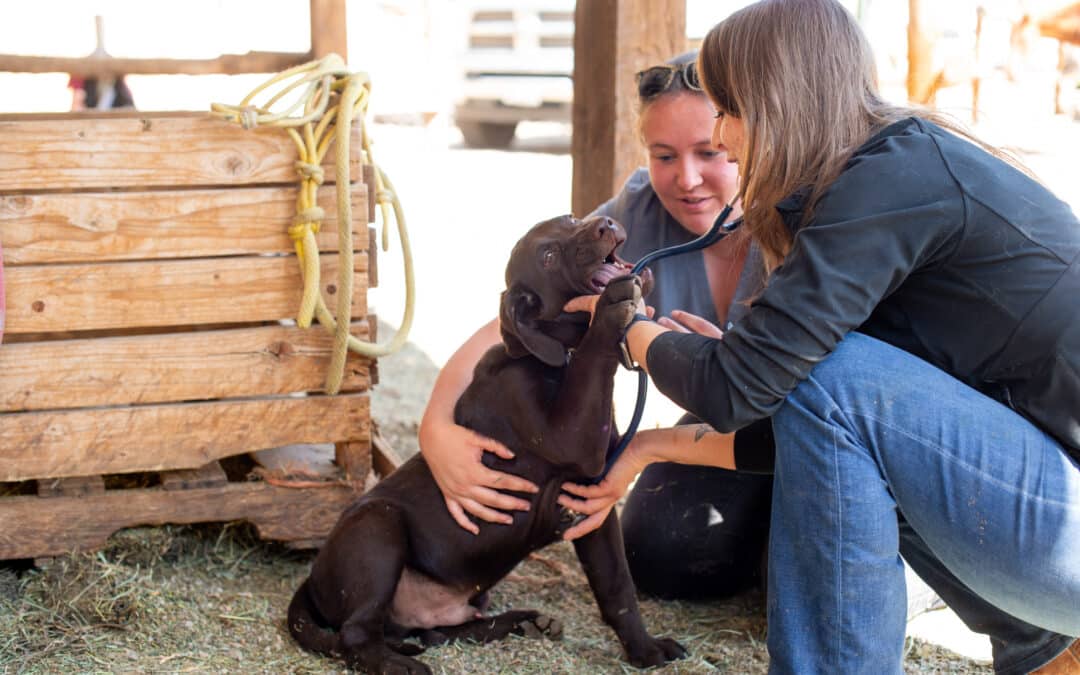Pet obesity is a growing concern among veterinarians and pet owners alike—and for good reason. Carrying extra weight doesn’t just affect how pets look; it can significantly reduce their lifespan and lead to a host of serious health issues.
A Shorter Lifespan
Overweight cats may live 5 to 10 years less than cats who maintain a healthy weight, according to the Richmond Animal Hospital (RAH). Similarly, overweight dogs can lose an average of 2.5 years off their lifespan compared to their healthy-weight counterparts. These are not just numbers—they represent cherished time lost with our companions.
A Lower Quality of Life
Obesity in pets doesn’t just impact how long they live, but also how well they live. Extra weight can limit their ability to run, play, and even walk comfortably. Everyday activities can become painful or exhausting, dramatically reducing their overall quality of life.
Increased Health Risks
Being overweight places pets at a much higher risk for several serious medical conditions, including:
- Cancer: Studies have shown a link between obesity and increased cancer risk in pets.
- Heart disease: Excess weight puts a strain on the heart, potentially leading to life-threatening cardiac conditions.
- Diabetes: Overweight animals are at a significantly higher risk of developing insulin resistance and diabetes.
- Arthritis: Extra pounds put stress on joints, worsening arthritis and mobility issues.
- Respiratory disease: Obesity can restrict breathing, reducing oxygen flow; especially in older pets or brachycephalic breeds.
Healthy Weight Loss in Pets: Why Diet Matters Most
Maintaining a healthy weight is just as important for our pets as it is for us. Obesity in animals is a growing concern, and its effects can be long-lasting, impacting everything from mobility to life expectancy. Fortunately, there are specially designed diets that promote effective weight loss while keeping our furry companions healthy and satisfied.
The Power of a Purpose-Built Diet
Weight loss diets for pets are formulated to reduce calorie intake without sacrificing essential nutrients. Unlike extreme calorie restriction or skipping meals, these diets help pets feel full and satisfied after every feeding. This not only supports steady and safe weight loss but also helps avoid the stress and behavioral issues often associated with hunger.
Why Diet Is the Key to Success
When it comes to shedding excess weight, diet plays the leading role — especially in pets. For dogs, physical activity contributes to only about 30–40% of the weight loss equation. The remaining 60–70% comes down to what and how much they eat. The numbers are even more striking for cats, where diet is responsible for up to 90% of their body weight management. Simply put, exercise alone isn’t enough — dietary changes are essential.
The First Step to a Healthier Pet
Helping your pet achieve a healthier weight starts with what’s in their bowl — and their treat jar. Whether it’s choosing a scientifically-formulated weight management diet or simply being mindful of portion sizes and snack choices, dietary changes are the cornerstone of weight loss.
A healthy pet is a happy pet. By focusing on proper nutrition and weight control, you’re not just managing numbers on a scale — you’re investing in a longer, more active, and more fulfilling life for your beloved companion!
Taking Action
Maintaining a healthy weight through proper nutrition, regular exercise, and routine veterinary checkups can dramatically improve your pet’s health and happiness. If you’re unsure about your pet’s weight, we are here to help design a personalized plan to get your furry friend back on track.

